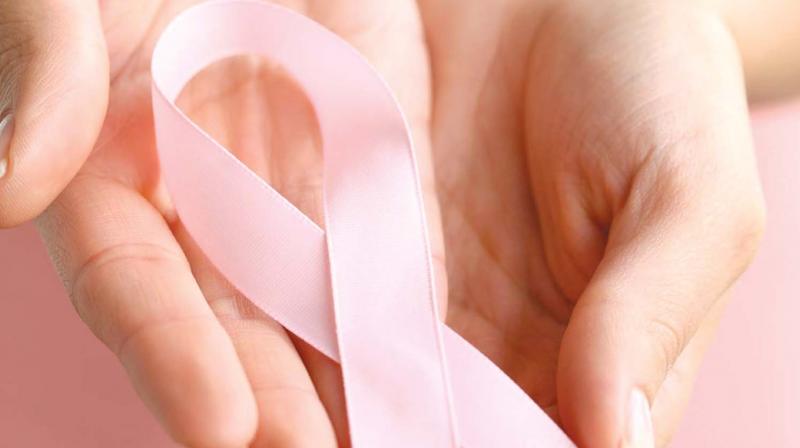World Cancer Day: We can, I can
Every hour, around 67 patients die of cancer in the country. However, there are hopes aplenty.

World Cancer Day is observed yearly on February 4 when worldwide, through various platforms, awareness programmes are held involving doctors, volunteers, the public, civil society and policy makers. A seamless relationship with various stakeholders goes a long away in controlling the scourge of cancer. The theme on World Cancer Day 2017 and 2018 is “We Can, I Can”. Every hour around 67 patients die across the country from cancer and in pain. Cancer control involves prevention, early detection, treatment, palliative care and research. The ‘Rule of Thirds’ says that we can prevent a third of all cancers, cure a third and unfortunately in a third we are constrained to focus on supportive care.
Cancer often is the cumulative result of effects of a ‘carcinogen’ like tobacco or environmental chemicals. Several risk factors like radiation, genetic predisposition, nutritional factors, immunological deficiencies or viruses also contribute. Tobacco continues to be the major causative factor for the majority of cancers. Christopher Columbus found the natives using tobacco in much the same way as it is used today, and being led to believe in its possible medicinal value, it was carried to France, Spain, Europe and the rest of the world, wherever colonies were established. Tobacco belongs to Nightshade family Solanaceae, and the genus, Nicotiana was named after Jean Nicot, French Ambassador to Portugal (1559-1561).
Nicotine and other alkaloids, which are nitrogen-containing organic compounds, are recognized as habit-forming and carcinogenic. Even theories abound to its causation due to lifestyle changes and stress, all contributing to natural cellular changes that predispose to cancer along with the ubiquitous food preservatives and pesticides. Life has a quality and quantity, and therefore it behoves us to focus on quality of life in the treatment trajectory in several instances. Hence with adequate sensitization, we can prevent cancer and create awareness of symptom control. Kerala reports over 50,000 new cancers every year, of which more than a third report at the Regional Cancer Centre, Thiruvanathapuram. While breast cancer has overtaken cancers of the cervix in females, lung cancers have overtaken oral cancers in men.
Cancer is the uncontrolled division of cells in the body, any part of the body and any organ for that matter being vulnerable. Normal cell division is regulated for proper development and functioning. When cells lose this control, repeated division leads to a mass of abnormal cells called a ‘tumour’ in layman’s parlance. A tumour does not have any function in the body, instead as it grows it obstructs passages, pushes tissues and organs around it, drawing their nutrients obstructing their vital function, causing symptoms like bleeding, lumps or pain. Unless its growth is arrested early enough, it has the potential to wreak havoc regionally and in distant organs, the process being called ‘metastasis’- or a ‘secondary’ as distinct from a ‘primary’, which is the site of origin. The introduction of multidisciplinary clinics, soliciting and pooling of expertise from various specialists recently at the RCC, is a step forwards for the greater common good of patients.
(Dr Koshy is Additional Professor and Head, Division of Palliative Medicine, Regional Cancer Centre)

